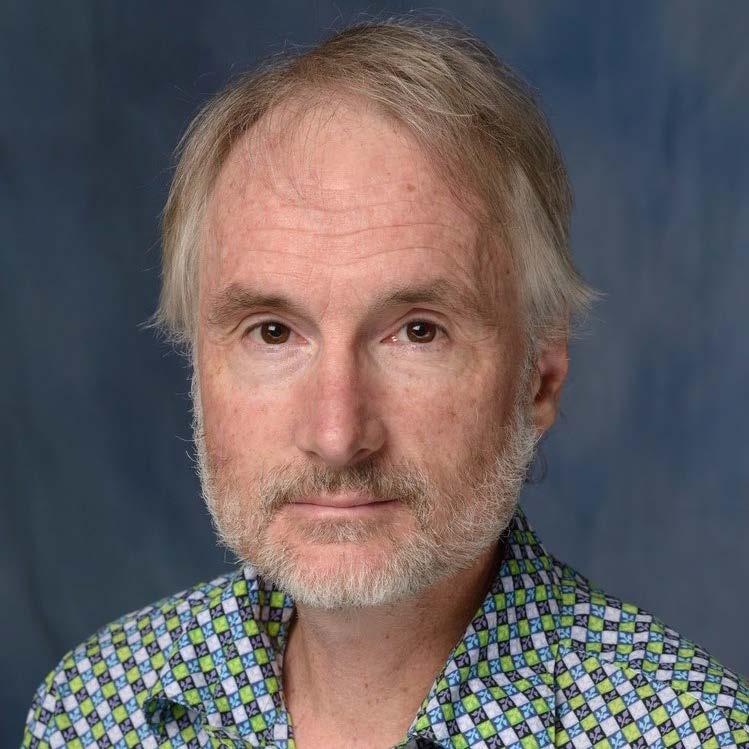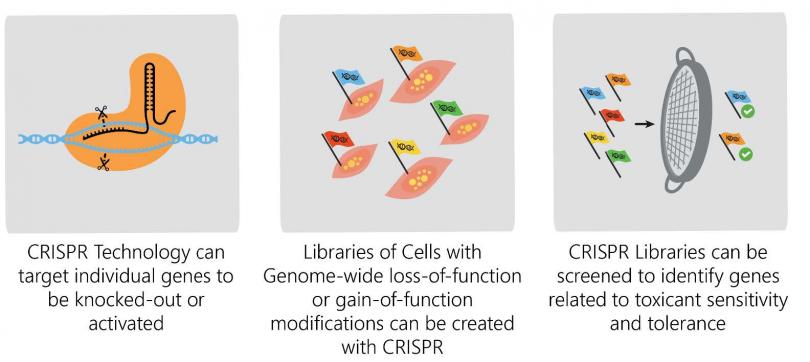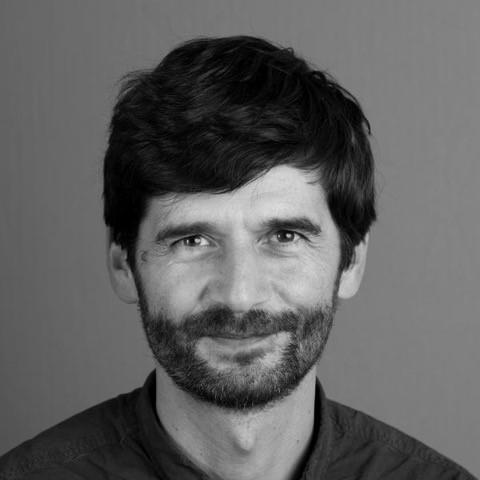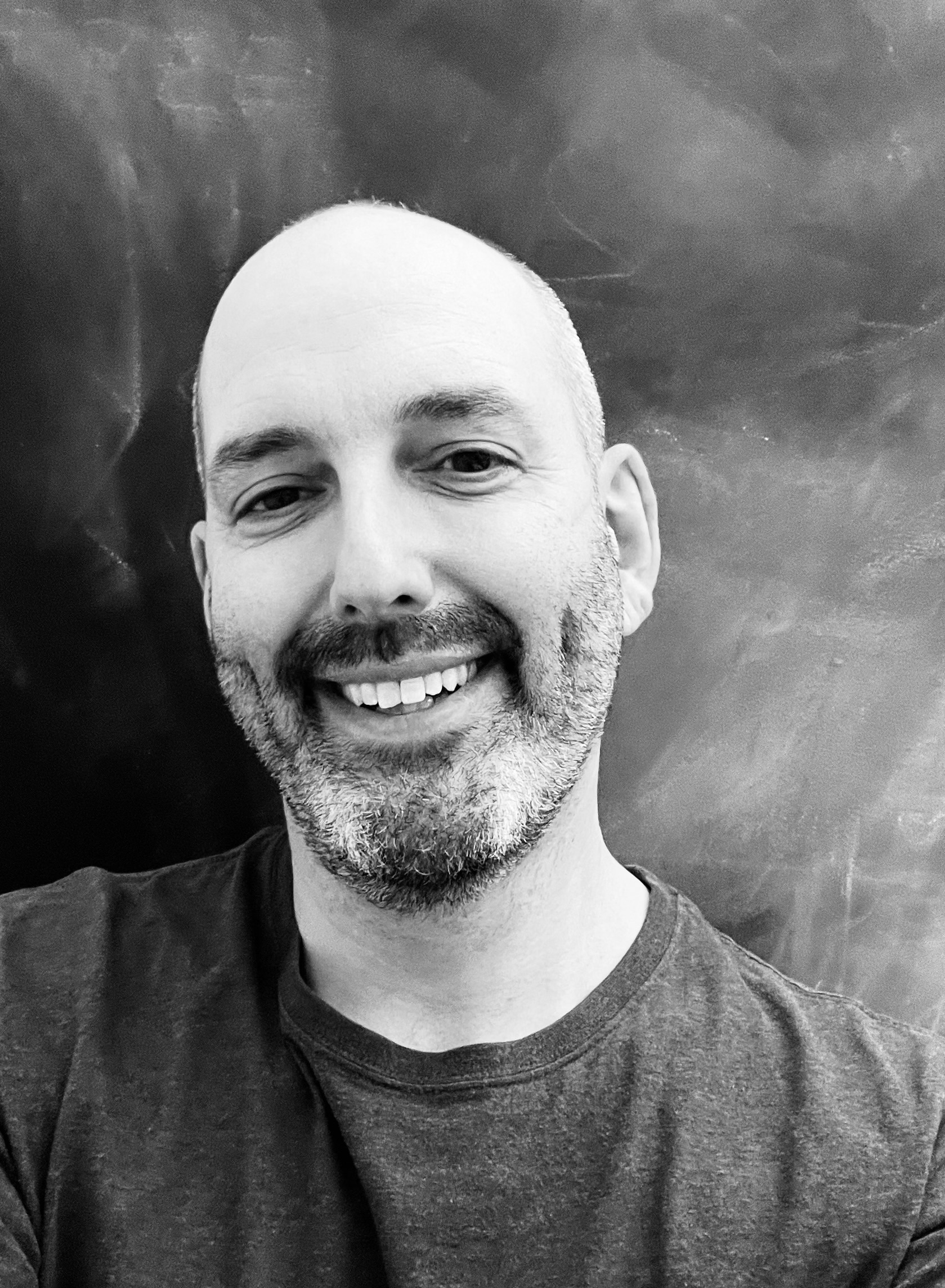"Functional Screening Approaches to Identify Cellular Toxicity Mechanisms"
 Dr. Christopher Vulpe | Vulpe Lab
Dr. Christopher Vulpe | Vulpe Lab
Bio:
Chris Vulpe, MD, PhD. is a Professor at the University of Florida, Gainesville in the Center for Environmental
and Human Toxicology. Dr. Vulpe received his MD and PhD from the University of California, San Francisco.
Dr. Vulpe’s group uses systems level approaches in eukaryotes from yeast to people to identify the functional
components that respond to and modulate the consequences of environmental stressors. Most recently, his laboratory is utilizing genome wide and targeted CRISPR screens to understand the mechanisms of toxicity of environmental chemicals. Dr. Vulpe is an author or co-author on >175 papers in peer reviewed journals and books. His group uses functional, genomic, and genetic approaches to provide insight into mechanisms of toxicity in diverse model systems including human models such as human cell culture, organoids, and rodents, as well as ecologically relevant organisms such as Daphnia magna.



